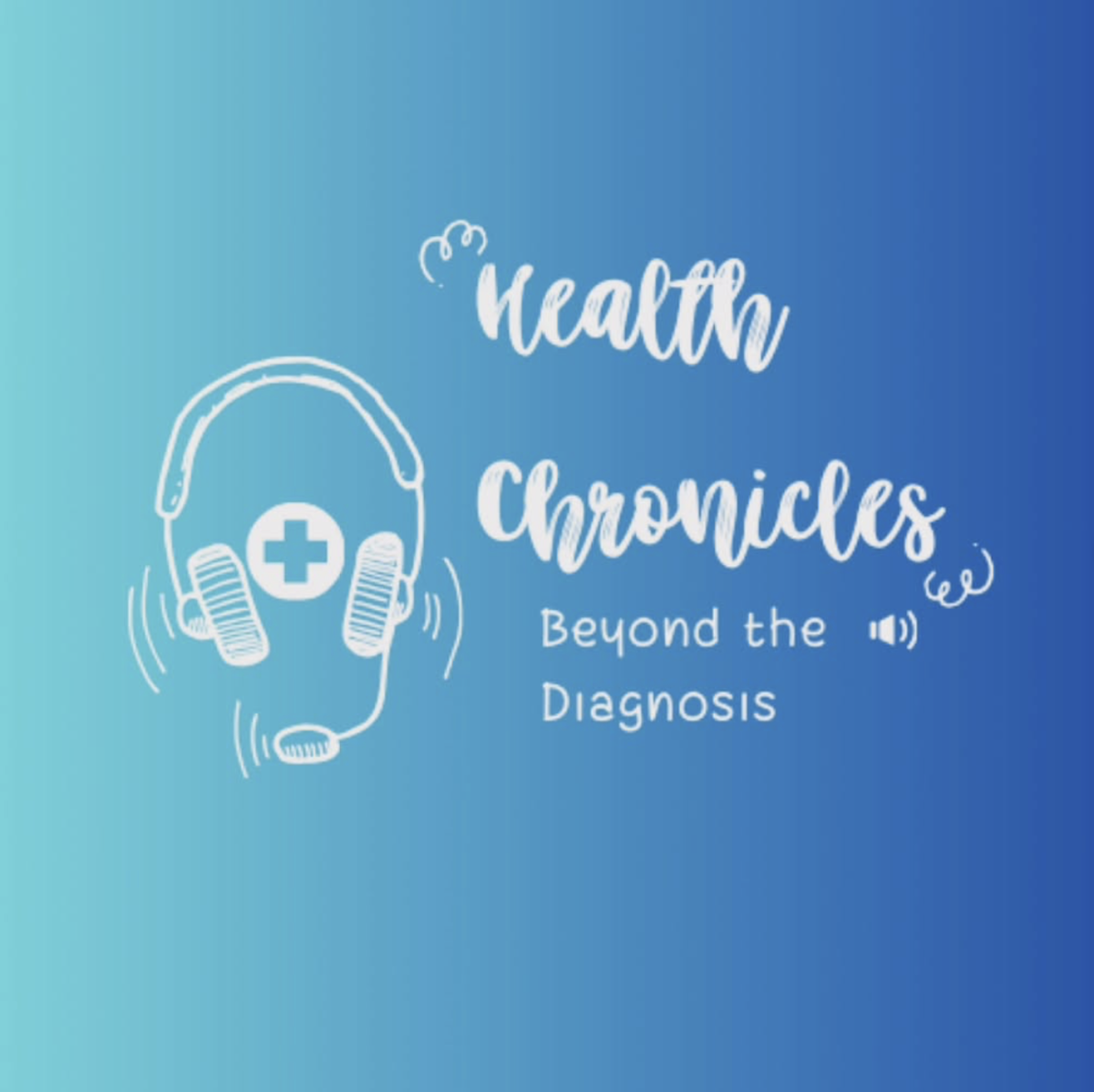In the expanding world of podcasts, student-led initiatives are making their mark, bringing unique perspectives and insights to listeners. Among the many student podcasts, some seek not only to entertain listeners, but to make an impact on the community.
“Health Chronicles: Beyond the Diagnosis” by sophomore Thanvi Mudde, aims to shed light on medical conditions and diseases often overlooked or misunderstood.
“I have always been interested in the medical field since I was really young,” Mudde said. “My mom wanted to become a doctor but couldn’t because of her financial situation, so I wanted to follow through with that.”
The first season of the podcast delves into cancer, a disease that has impacted Mudde and her family personally.
“When my grandma first got cancer, we were devastated,” Mudde said. “We knew what it was and what it could do to your body, but we didn’t know about the certain types and how your body can react differently. Despite cancer being such a common and widespread condition, there are still many factors we didn’t know about, which I hope to spread more awareness and insight on.”
To ensure she releases accurate information, Mudde reached out to cancer researchers across Central Texas. Her first guest speaker was Dr. Subhash Chauhan, a professor in the Department of Immunology and Microbiology at UT Rio Grande Valley.
“Most of the people I sent emails to didn’t even reply, which stressed me out because I wasn’t sure I would be able to have an interview in time,” Mudde said. “I sent emails to at least 10 different doctors and he was one of the few who replied and was able to make time for me after discussing timing, topics, and the questions I would be asking.”
During and after the interviews, she uses Audacity, an audio editing and recording software.
“I had to mentally prepare myself every time I recorded or posted an episode,” Mudde said. “Since this was the first time I interviewed someone, thinking of follow-up questions and engaging in conversations with people I’ve never talked to before was really stressful for me.”
Mudde drew inspiration from similar medical podcasts to develop her format. First, she provides an overview of the topics she will be discussing and then allows the guest speaker to introduce themselves and their research interests.
“I’m taking in more than one perspective while doing this,” Mudde said. “I’m including a medical perspective and a survivor’s perspective. There’s many parts that a survivor could miss that the medical side could know about and the other way around.”
Similar to Mudde, sophomore Aarya Aluru hosts “Beyond the Diploma,” a podcast aimed at exploring different career paths after graduation. The podcast began because of Aluru’s own struggle to find what he wanted to do after high school.
“Throughout middle school and even through freshman year I was really set on a medical career because it seemed like the only option,” Aluru said. “Later on, however, I decided it wasn’t for me, but I felt lost about what I really wanted to do.”
After speaking to friends and family about their personal experiences pursuing various careers, Aluru decided to share what he learned with others.
“Before [starting] I was actually thinking of starting a blog, or writing under a pseudonym,” Aluru said. “But I thought podcasts were more popular in this day and age, especially with short attention spans so I decided to get over my fear and put myself out there.”
Aluru uses Spotify for Podcasters, a free platform that allows podcast creators to manage and track their podcasts on the app.
“It’s an all in one easy tool and it was kind of fun,” Aluru said. “You get to add sound effects which allows for a more professional sounding podcast without needing much prior editing experience.”
Currently, he interviews college students who are about to begin their careers. In the future, he plans to reach out to more guest speakers such as Andrew Huberman, a neuroscientist and podcaster at Stanford University.
“You can’t be afraid to stutter or listen to your own voice,” Aluru said. “If people are judging you it’s their fault, not yours. You don’t have to be anxious and you can put yourself out there.”
Podcasts can not only serve as informative resources but also as sources of entertainment. This year, sophomores Yukta Kalichetty, Tarini Anantha and Mihira Manickam began “MyTime”, a motivational podcast. Their mission is to offer incoming high school students advice and tips while debunking common misconceptions about high school life.
“We didn’t have a lot of knowledge about high school and what to expect, so we wanted to let people younger than us know what high school’s really like,” Kalichetty said. “We hope it will give them an insight into how it’s different from the movies and prepare them ahead of time.”
The podcast will be split into the following sections: self help, high school, stress and mental health with each segment featuring four episodes.
“We want people to feel like they can enjoy life and that it’s not all about school or AP classes,” Manickam said. “Our podcast covers the little things in life that we don’t really talk about or look at.”
Prior to recording, they listened to other motivational speakers, brainstormed topic ideas and wrote scripts together.
“If you’re doing a podcast with your friends, you need to make sure you have good collaboration and teamwork,” Manickam said. “It’s important to make sure everyone puts in effort equally and that it’s not just one person giving all the ideas.”
According to Spotify, there are more than 6 million podcasts with categories ranging from arts and entertainment to sports and recreation.
“[Podcasts are] good for people to see how other people view life and their perspectives on it,” Manickam said. “There’s so many different types of podcasts out there so it can be helpful for everyone.”


